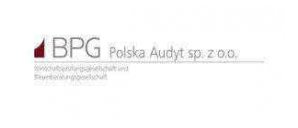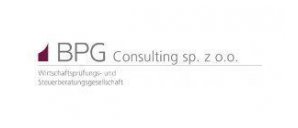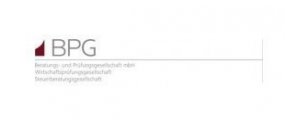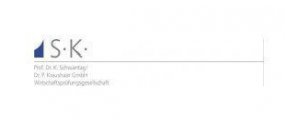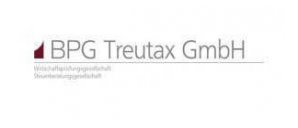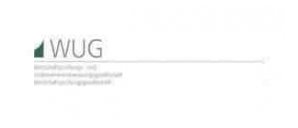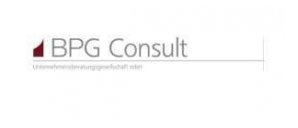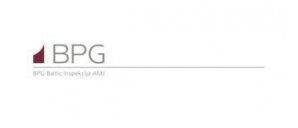
New regulations on the performance of customs inspections
What do these regulations do and what should you be prepared for if an inspection takes place?
- Pre-inspection stage
Before officials take any action, they are obliged to carry out a risk analysis that demonstrates that there are premises for initiating customs and fiscal inspections. Any such inspections must be duly justified and preceded by a fair assessment. Only then can inspectors obtain formal authorization to take action against the controlled entity or person. Officials have the right to institute inspection procedures solely on the basis of their official Ids only in exceptional circumstances.
- Initiating the inspection
In order to initiate customs inspections, officials are required to present the subject of the inspection with an appropriate authorization or official Id card. Importantly, the subject of the inspection is not informed in advance about the actions of officials, as is also the case with tax inspections and will only know about any inspection once it is initiated.
- Performing the inspection
The powers of customs officials are very wide, so they can undertake various verification activities such as reviewing documents, interviewing witnesses, performing on-site inspections, searching premises, etc. Importantly an inspection can cover not only the places of business but also private homes, if there is a suspicion that evidence might be found their.
- Completing the inspection
As a rule, the actions of customs officers should be completed without undue delay, within a maximum of 3 months. The estimated duration of inspections is defined by the authorization provided to the inspector at the time of the initiation of the inspection. The inspection ends with the submission of the inspection result to the controlled entity, which then has 14 days, from the receipt thereof, to make any corrections in the tax returns.
Importantly, customs controls in Poland do not automatically transform into tax proceedings. Tax proceedings are only instigated when the controlled entity does not make the corrections indicated by the inspection or if such corrections are not accepted by the customs officials.
return



